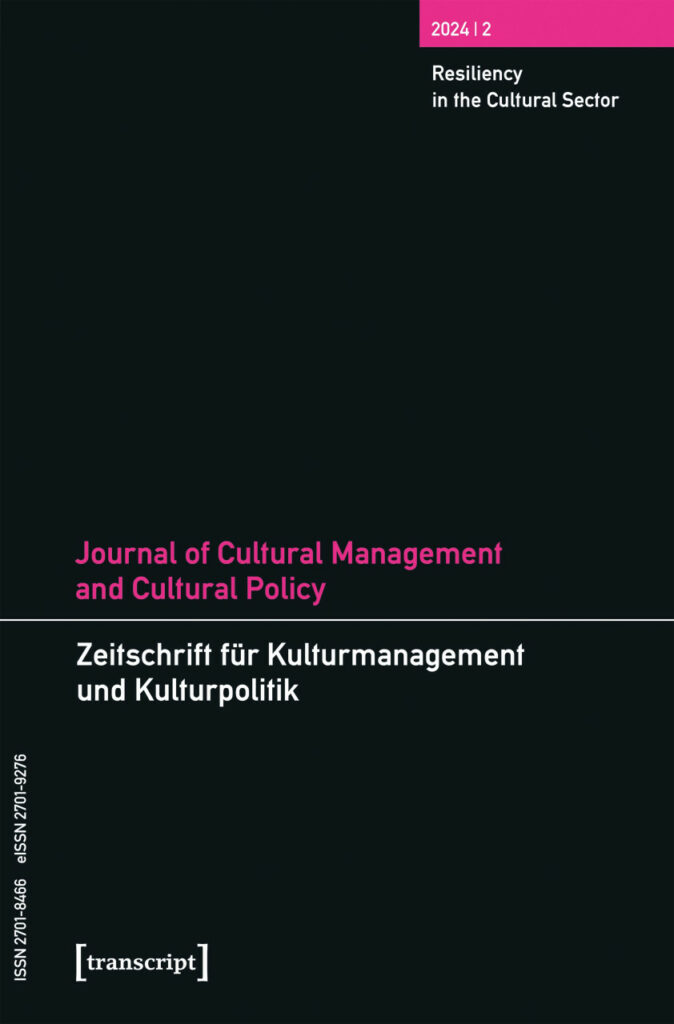Book Review
Grant H. Kester: Beyond the sovereign self: Artistic autonomy from the avant-garde to socially engaged art. Durham and London: Duke University Press 2024
Abstract
Grant Kester, professor of art history at the University of California San Diego, has made a noteworthy contribution to the discussion about the relation between art and society with an impressive set of two interrelated monographs published in as many years. The second of these, Beyond the Sovereign Self, is the subject of this review but the first instalment, The Sovereign Self: Aesthetic Autonomy from the Enlightenment to the Avant-garde (2023), which the author sees as an independent work, will not be left entirely unattended to. As clearly indicated by the titles (and subtitles) of the books, their pivotal point is the notion of sovereignty, primarily with regard to its application to beings possessing a self — for Kester, this means humans — but also in relation to the phenomenon referred to as art. In essence, Kester’s thesis comes down to a claim about the notion of sovereignty descended from the (primarily German) Enlightenment, having impinged rather too heavily upon artistic practice, not least in the twentieth century through conceptions of art manifested in avantgarde movements. Kester’s claim, in other words, is that the avantgarde in particular, and even modernist art in general, over-emphasizes the notion of the autonomous artist. Such an over-emphasis, for Kester, recycles romantic notions of genius, intuition and transcendence in a contemporary context where an individualistic paradigm of this mold cannot but fall prey to capitalist appropriation with its all-consuming commodification of (the products of) any type of freedom-seeking activity (KESTER 2023). A prime example is, of course, artistic creation. Thereby, art’s socio-critical edge is blunted or even obliterated.
© 2026, Journal of Cultural Management and Cultural Policy
Keywords
- Aesthetics
- Higher Education
- Cultural Diplomacy and Foreign Cultural Policy
- Occupation
- Career and Professional Role
- Audience Development
- Audience Studies and Visitor Studies
- Visitor Motivations
- Business
- Covid Pandemic
- Democracy
- Digitalization
- Diversity
- Third Sector
- Empirical Aesthetics
- Development
- Ethics
- Evaluation
- Field Theory
- Festival
- Film
- Federalism
- Community Arts
- Societal Change
- Ideology
- Staging
- Career
- Communication
- Concert
- Creative Industries
- Creativity
- Crisis
- Culture
- arts organizations, cultural organizations
- Cultural Participation
- Cultural Change
- Fincancing The Arts
- Cultural Promotion Law
- Cultural History
- Cultural Management
- Cultural Economy
- Cultural Organizations
- Art Education
- Cultural Policy
- Cultural Production
- Cultural Sociology
- Art Education
- Cultural Understanding
- Arts Administration
- Cultural Industry
- Cultural Sciences
- Art
- Art Field
- Arts Research
- Artists
- Artistic Research
- Artistic Reputation
- Arts Management
- Arts Organizations
- Art education
- Arts Marketing
- Arts Administration
- Curating
- Leadership
- Literature
- Advocacy
- Management
- Marketing
- Market
- Media
- Methods Development
- Mexico
- Monumentalizing
- Museum
- Music
- Non-Visitor Studies
- Opera
- Orchestra
- Organization
- Political Expression
- Post-truth Politics
- Professional Role
- Audience
- Audience Development
- Law
- Government
- Role
- Socially Engaged Art
- Social Cohesion
- Social Change
- Social Cohesion
- Non-visitor Socio-demographics
- Socioculture
- State
- Symbolic capital
- Dance
- Participatory Justice
- Theatre
- Theatre Governance
- Theory Development
- Tourism
- Transformation
- Survey
- Entrepreneurship
- Urbanism
- Civil Society



